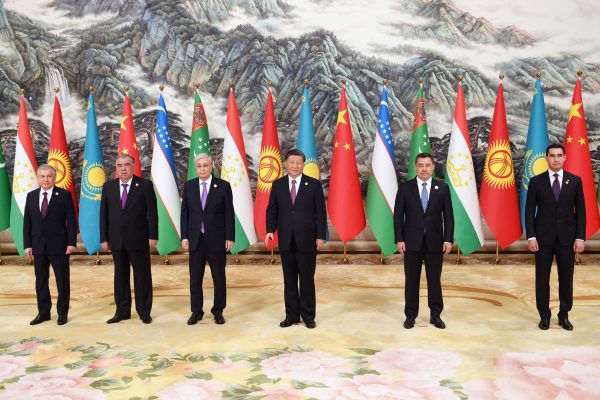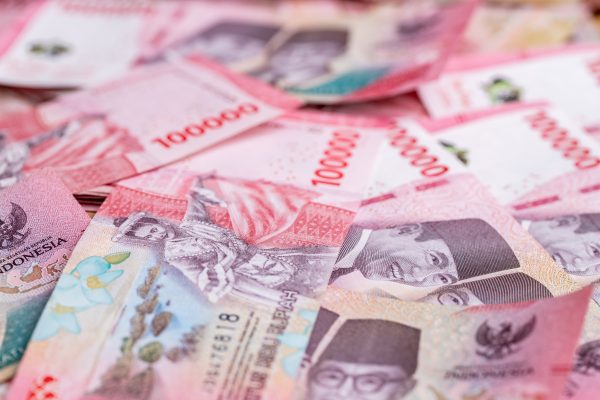The United States has steadily tightened its grip on TikTok, the massively popular video-sharing app owned by Chinese firm ByteDance, since early 2020. The clampdown began that January, during President Donald Trump’s first term, when the Pentagon deemed the app a security risk and barred its use by military personnel. Under Biden’s administration, tensions rose further in April 2024 with the signing of the Protecting Americans from Foreign Adversary Controlled Applications Act, requiring TikTok to divest its American operations by January 19, 2025 or exit the market altogether.
Although TikTok quickly mounted a constitutional challenge, the courts upheld the measure on national security grounds. The matter now lies before the Supreme Court, where President-elect Trump has filed an amicus brief urging a stay of the ban, insisting that his incoming administration should have time to pursue an alternative resolution.
In contrast to the United States’ fiery debates over regulating TikTok, Taiwan’s policy discourse has remained conspicuously subdued. Much like Japan, despite worries that TikTok could sway public opinion and fuel disinformation campaigns, Taiwan has thus far confined its response to a 2019 ban on the app on government devices – a narrowly targeted effort to address cybersecurity concerns rather than a sweeping prohibition.
As cross-strait relations continue to sour, Taiwan’s reluctance to impose tighter controls appears timid, if not sanctimonious. The core problem is that policymakers fear curtailing free speech and igniting a political backlash. This concern grows more pressing in the face of escalating information manipulation, now magnified by AI, and for Taiwan in particular, the strategic ambitions of its geopolitical adversary, China.
To echo Tim Wu from Columbia Law School, a liberal legal framework that views free speech merely as a shield against government censorship is at risk of becoming obsolete. The problem lies in understanding free speech too myopically – focusing solely on preventing government intrusions – while overlooking how its protection can also impose a positive duty on governments to foster an environment conducive to robust public discourse.
Nonetheless, it would also be helpful not to frame the TikTok controversy simply as a matter of state censorship in domestic settings alone, without taking seriously the extraterritorial clout of social media platforms run by illiberal powers. The deeper issue at stake thus points to a far more elemental clash of governance systems, with liberal openness contending against the looming influence of authoritarian encroachment.
Extraterritorial Algorithmic Moderation
As Rutgers University’s Network Contagion Research Institute shows, for instance, there seems a stark disparity in the volume of posts on sensitive China-related topics, such as Tibet, Hong Kong protests, and the Uyghur issue, between TikTok and Instagram. Despite receiving nearly twice as many likes, anti-China content on TikTok exhibited a views-to-likes ratio 87 percent lower than pro-China content.
Such algorithmic moderation was further exposed by the Guardian in 2019. It detailed that TikTok’s review mechanisms cooperate with the Chinese government’s policies to suppress content that is detrimental to China’s image. TikTok, for example, censors mentions of the Tiananmen Incident and Tibetan independence, tailoring its exposure algorithms to curtail the dissemination of these topics.
To make the matter worse, China itself has developed the world’s largest stringent censorship apparatus, including the Great Firewall and its outright bans on foreign platforms such as Facebook, X (formerly Twitter), YouTube, and Instagram. Any attempt to access international networks – locally termed as “jumping the wall” – must route through official gateway channels provided by the national public telecommunications network, as mandated by PRC law. Neither organizations nor individuals are permitted to establish or use alternative channels for international connectivity (although many use private VPNs, these are technically illegal and subject to crackdowns).
The asymmetry is obvious. While Chinese platforms like TikTok operate freely in democratic countries, those managed by Western entities are excluded from China’s controlled cyberspace. This disparity not only creates an uneven playing field but also exemplifies how authoritarian regimes might leverage global openness to advance their influence while insulating their own populations from external narratives.
China’s Regulatory Leverage Strategy
This disequilibrium can, of course, be attributed to the longstanding appeasement of China’s digital influence in open societies. But the TikTok case also reveals an inherent vulnerability within the liberal international order: the very freedoms and openness championed by democratic countries can be exploited by authoritarian actors.
Such a highly visible paradox is hardly limited to China’s approach to the information ecosystem worldwide. Described as “institutional arbitrage” by Weitseng Chen of National University of Singapore’s Faculty of Law, it appears to be an established tactic through which China capitalizes on the complexity and differences in cross-border regulatory regimes to gain economic or political benefits.
Chen’s study on international capital markets, for instance, illustrates how Chinese companies leverage this strategy. Despite domestic shortcomings in corporate governance and financial systems, they have risen to major global prominence by taking advantage of regulatory tools such as Rule 144A and Regulation S under U.S. securities laws – provisions that allow foreign companies to offer securities without fully complying with standard U.S. regulations.
Regulating TikTok thus exposes a systemic problem with global governance, wherein China’s regulatory leverage becomes ubiquitous, but on an even larger scale. And restricting TikTok is not merely about curbing an app’s features; it is a move against the “regime of truth,” to borrow Foucault’s terms, that the platform perpetuates under Chinese ownership. In essence, it involves an ethical choice for parrhesia, the practice of candid, principled truth-telling critical to the functioning of democratic governance, over propaganda.
This is not to suggest that the encroachment of authoritarian influence is confined to TikTok alone. Disinformation campaigns aimed at undermining Taiwan’s democratic processes and institutions appear across various platforms, irrespective of their ownership. Nevertheless, tighter regulation of TikTok poses no obstacle to policymakers determined to tackle information manipulation wherever it emerges.
For a democracy like Taiwan, what is probably most troubling is that TikTok’s Chinese ownership renders its overseas operations likely subject to China’s domestic policies and laws – a circumstance that could facilitate censorship, data access, or political influence in line with Beijing’s agenda. This distinction lends credence to treating TikTok under a different regulatory approach than other platforms.
While the result of the U.S. effort to compel ByteDance to divest from TikTok remains uncertain, the choices made today will set the terms by which democratic allies such as Taiwan address the persistent issue of geopolitical rivals leveraging regulatory gaps between democratic and authoritarian regimes to extend their influence in the global digital ecosystem.















.png)





Discussion about this post